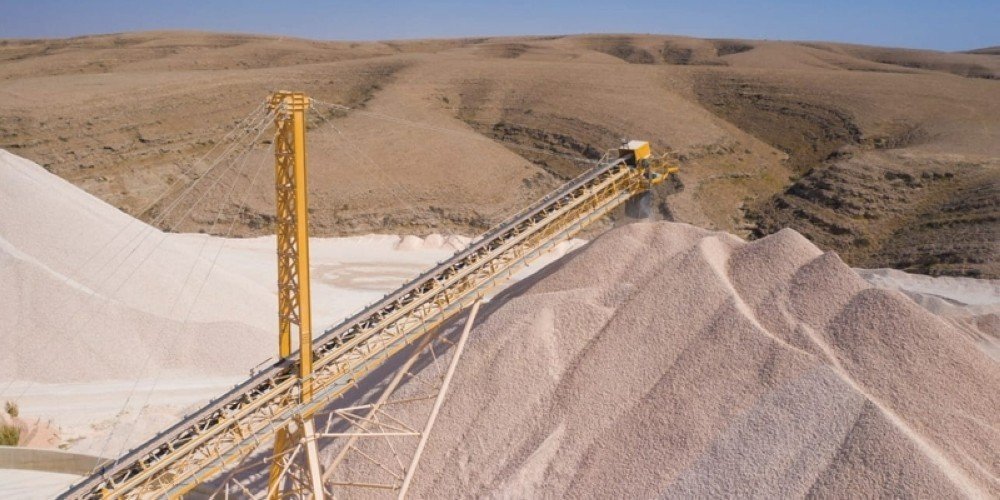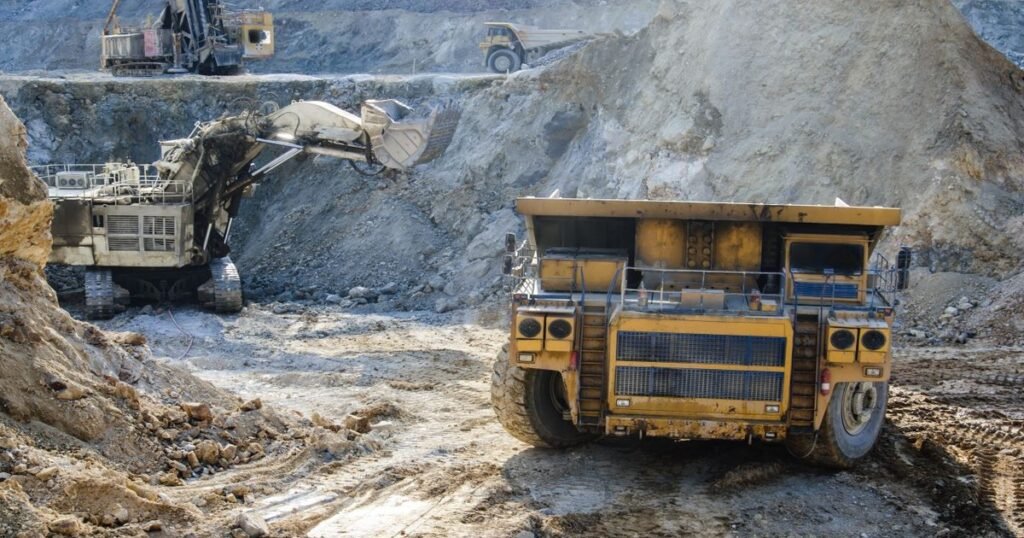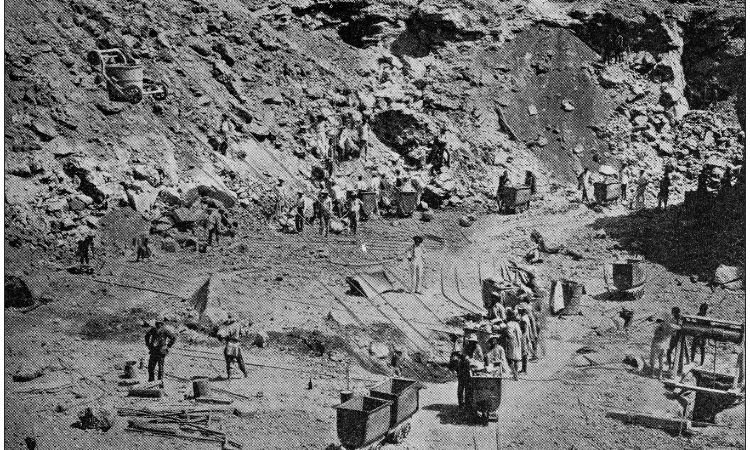Industrial Minerals in Oman

Oman’s rich geological diversity has positioned it as a growing player in the industrial minerals sector . With abundant natural deposits and a strategic location in the Gulf, the country is increasingly leveraging its non-metallic mineral resources to support domestic development and international trade.
In this post, we’ll explore the major industrial minerals found in Oman , their uses, and how they contribute to the country’s economic and industrial growth.
What Are Industrial Minerals?
Industrial minerals are naturally occurring inorganic materials mined for their physical and chemical properties , rather than for energy or metal extraction. These minerals are essential for:
- Construction (cement, concrete, plaster)
- Agriculture (soil amendments)
- Manufacturing (glass, ceramics, paper, plastics)
- Environmental applications (water treatment, pollution control)
In Oman, the industrial minerals sector is a key contributor to the non-oil economy , supporting infrastructure development and export diversification.
Major Industrial Minerals in Oman
Oman is home to a wide range of industrial minerals. Here are some of the most important ones:
| Limestone | Cement production, construction, lime manufacturing | Al Dakhiliyah, Al Batinah, Al Wusta |
| Gypsum | Plaster, wallboard, fertilizer | Al Dakhiliyah, North Al Batinah |
| Silica Sand | Glass manufacturing, foundry casting | Al Buraimi, Al Dhahirah |
| Dolomite | Steelmaking, agriculture, ceramics | Al Hajar Mountains |
| Clay & Kaolin | Ceramics, construction, paper | Al Sharqiyah, Al Wusta |
| Salt | Food, chemical industry, de-icing | Al Batinah, coastal areas |
| Barite | Oil & gas drilling fluids | Al Hajar Mountains |
Economic and Industrial Impact
1. Cement Industry
Limestone is the primary raw material for cement production , one of Oman’s major industrial sectors. The country has several large cement factories, and Omani cement is exported to markets in East Africa and the Indian subcontinent .

2. Construction Boom
With rapid urbanization and infrastructure development, demand for gypsum, sand, and clay is on the rise. These minerals are essential for building materials such as drywall, bricks, and concrete.
3. Export Potential
Oman’s industrial minerals are not only used domestically but also serve as export commodities . The country’s strategic location and access to major shipping routes make it a competitive supplier to:
- East Africa
- South Asia
- Middle Eastern markets
Government Support and Mining Sector Growth
The Omani government has been actively promoting the mining and industrial minerals sector through:
- Regulatory reforms
- Investment incentives
- Infrastructure development
- Exploration programs
The Ministry of Energy and Minerals (MEM) and the Authority for Privatization and Competition (APC) are working to attract foreign and local investment into the sector, especially in mineral processing and value-added production

Sustainability and Environmental Considerations
As with any mining activity, the extraction of industrial minerals in Oman must balance economic growth with environmental sustainability . Companies are increasingly adopting:
- Water-efficient processing methods
- Land rehabilitation practices
- Dust and emission control systems
These measures help ensure that Oman’s industrial minerals industry grows responsibly.
Final Thoughts
Industrial minerals are playing an increasingly important role in Oman’s economic diversification strategy. From limestone for cement to gypsum for construction , these minerals are essential for both domestic development and international trade .
As Oman continues to invest in the mining sector, the industrial minerals industry is set to become a key pillar of the country’s non-oil economy .
Frequently Asked Questions (FAQs)
Q1: What are the most important industrial minerals in Oman?
A: Limestone, gypsum, silica sand, dolomite, and clay are among the most important industrial minerals mined and used in Oman.
Q2: How is limestone used in Oman?
A: Limestone is primarily used in cement production , construction, and lime manufacturing — supporting both local and export markets.
Q3: Does Oman export industrial minerals?
A: Yes, Oman exports cement, gypsum, and other mineral products to countries in East Africa, South Asia, and the Gulf region .

Final Tip:
For investors and industry professionals, Oman’s industrial minerals sector offers growing opportunities in mining, processing, and export . Stay updated on government tenders and exploration projects through the Ministry of Energy and Minerals.

